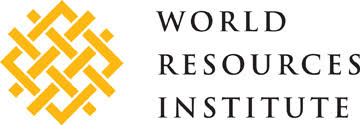Reducing conflicts around water points
SOLIDARITES INTERNATIONAL works in the region of Kidal, in northern Mali, since 2015 to improve agro-pastoral activities through the implementation of WaSH activities. Underlying the rehabilitation of water points is the aim to reduce conflicts between different types of users: breeders and their herds and local populations for domestic uses.The team worked to identify the good practices that had been implemented in the first phase of this project funded by OFDA, between June 2015 and September 2016.




